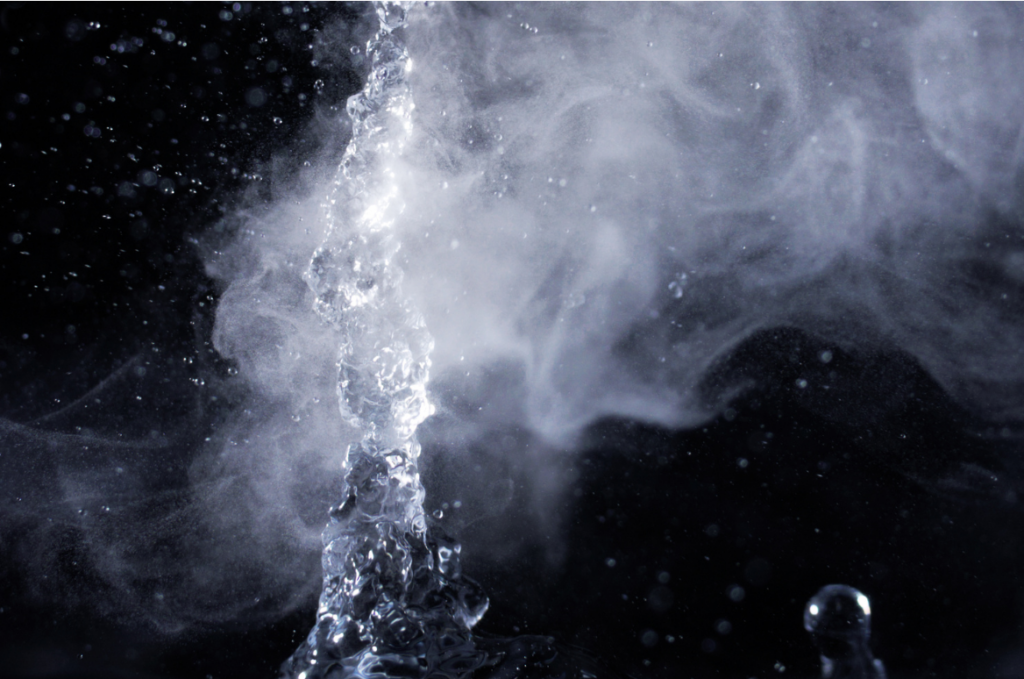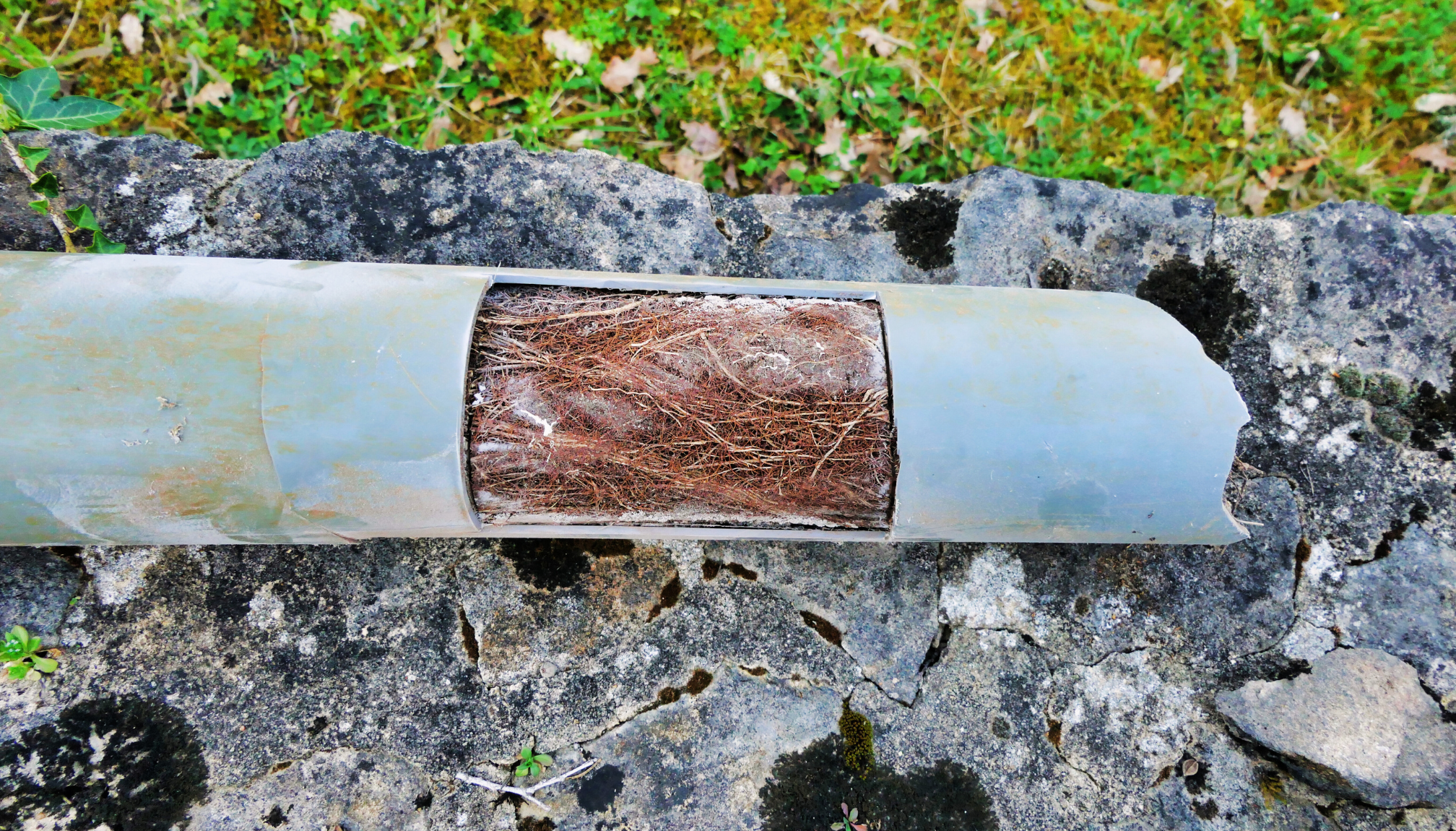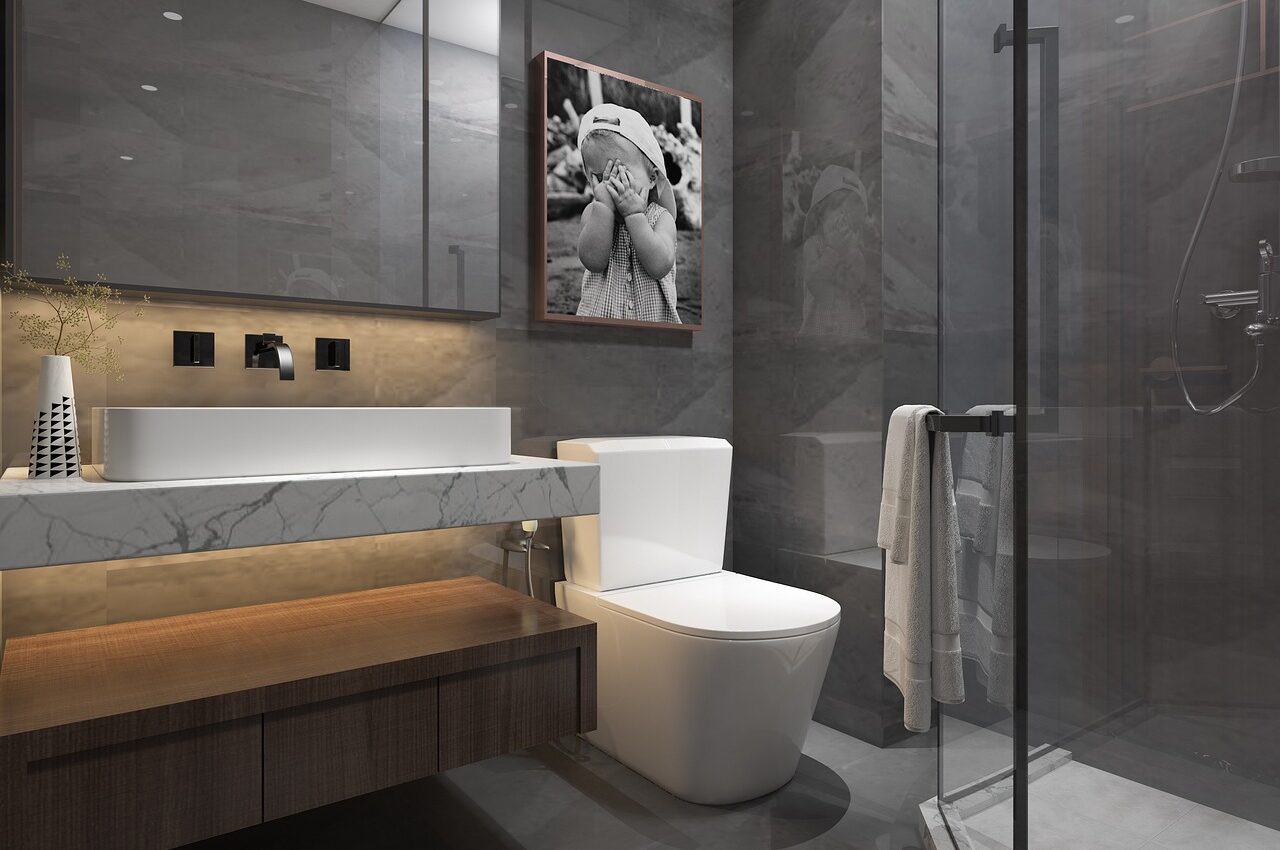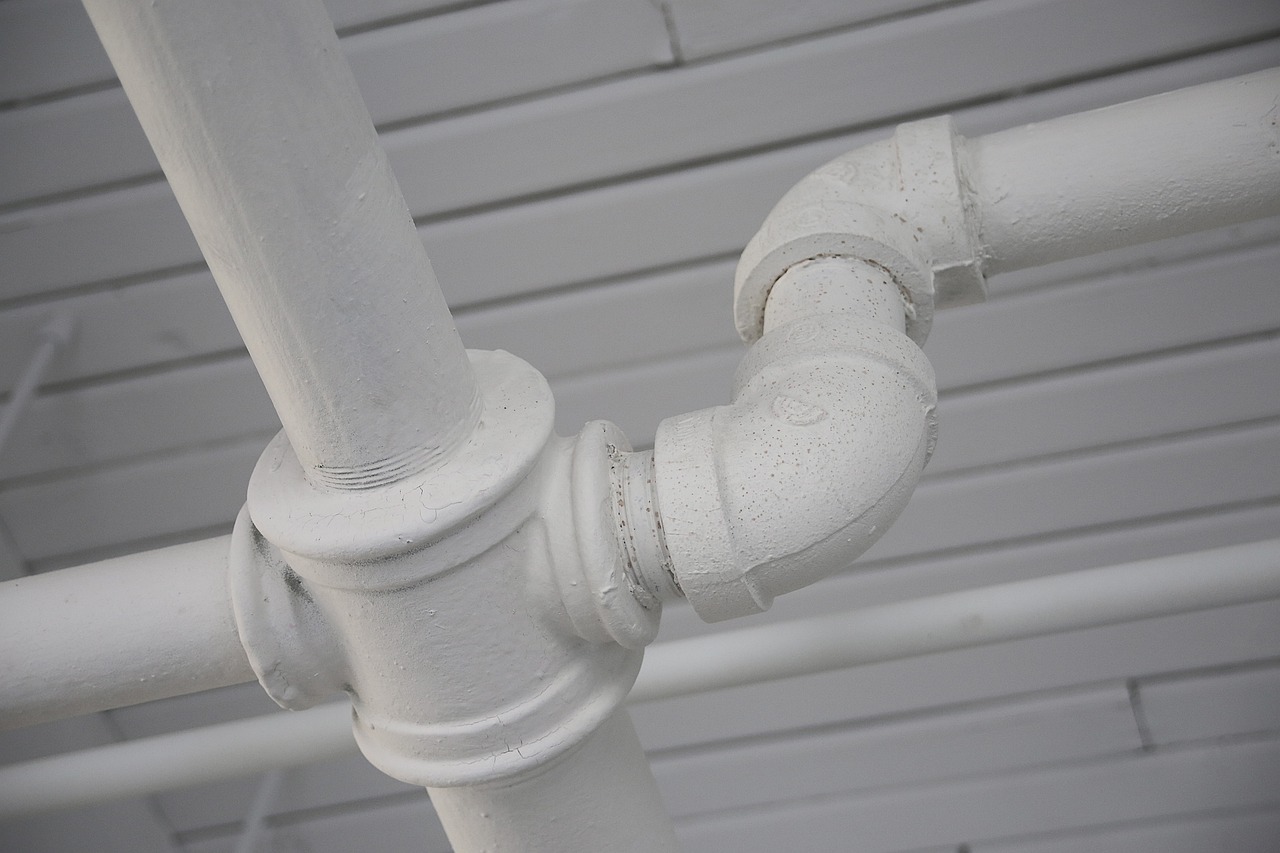
Your Most Neglected Appliance: The Hot Water Unit.
When it comes to maintaining your hot water unit, think of it like your vehicle. Over time parts will rust, hiss, bang and eventually cause disruption to your day, or even your week. Hot water systems need to be regularly serviced to ensure everything is running efficiently and not causing your energy bill to be higher than what most people are already enduring. Noting the date of purchase can allow you to plan ahead, as in 10-15 years it could be time for a new hot water system. If you are uncertain how old your hot water unit is, give Complete Plumbing QLD a call.
If your system is showing any of the following signs, it’s time to call a licensed plumber;
- The hot water unit is making unusual sounds such as hissing, banging or rumbling.
- Discoloured or smelly water.
- Inconsistent temperature.
- The water runs cold part way through a shower.
- Reduced water flow. Sediment can build up in your hot water system causing reduced flow, or it can be due to other plumbing problems.
- The unit is leaking.
- The cylinder exterior is showing evidence of rust.
Our friendly, licensed team can discuss with you the cause of the issue and whether your system requires a service, or is ready to be replaced.
Hot Water System Maintenance
The pressure relief valve needs to be maintained every six months to clean out any dirt that may have accumulated. It will then need to be replaced approximately every five years to ensure your hot water unit is functioning correctly. Check the Manufacturer’s recommendation to see when the pressure relief valve is due for renewal.
It’s normal for hot water units with pressure relief valves to release water due to expansion. Depending on the size of the unit, you can expect the unit to leak around 2-4L per day. Leaking can also be a result of old age causing fractures or corrosion.
A tempering valve is a safety device that mixes hot and cold water, preventing scalding. These must be installed due to Australian regulation and are recommended to be replaced every five years.
Using a process called electrolysis, anodes are designed to corrode first, protecting the hot water unit and increasing its longevity. Once the anode becomes fully corroded, it will no longer protect the tank, therefore needs to be changed every 3-4 years.
There are several factors to consider when deciding whether to install a heat pump, gas, solar or electric hot water system;
- What energy source your property currently has.
- The size of your home.
- How many people in the house.
- How energy efficient the system is.
- Whether you prefer an instantaneous or continuous flow system.
Hot water systems are one of the most expensive appliances in the home, therefore it is recommended to have a professional plumber assess what would work best for your home. Speak to one of our friendly team members on 07 5538 9002 or send us a message.




